What’s Next for the Muslim American Movement for Peace, Justice and Safety?
By Wa’el Alzayat, CEO Emgage Action
History teaches us that transformative social and civic change is rarely the result of a single strategy or a solitary group working in isolation. Instead, it emerges when diverse efforts—each targeting different pressure points within society—converge to push forward a shared vision. From the civil rights movement to the fight for women’s suffrage, change has only been achieved through the collaboration of activists, grassroots movements, and civic organizations, even when their tactics differed.
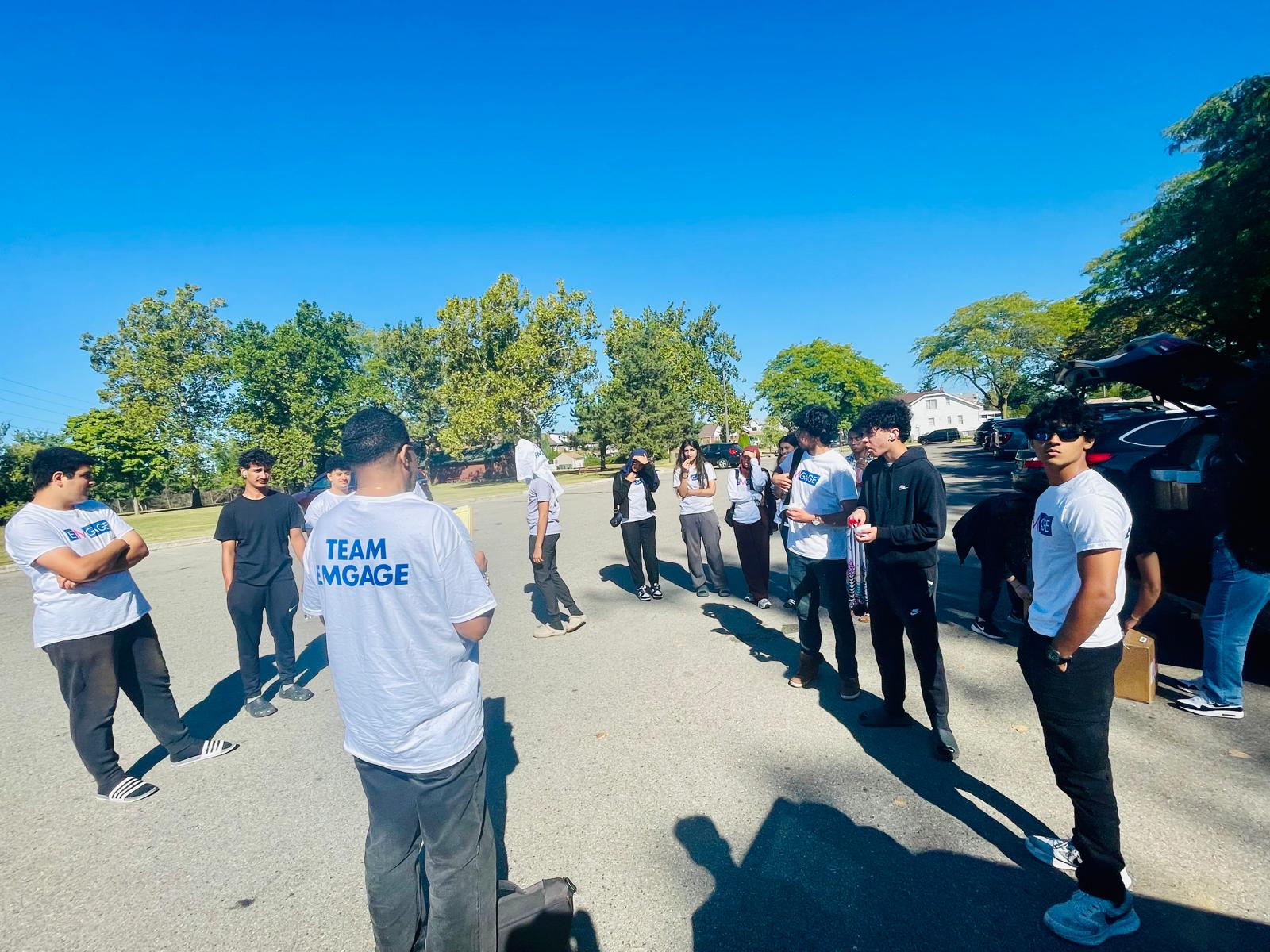
Of course, there are always those who don’t wish to see progress happen. In landmark movements such as the U.S. civil rights struggle, the anti-apartheid fight in South Africa, and the ongoing battle for climate justice, detractors have worked to pit groups against one another. By amplifying differences in tactics or framing disagreements as irreconcilable conflicts, they attempt to fracture the collective power of these movements. But I believe that it is unity—not uniformity—that is an essential ingredient for success.
Following the outcome of the Presidential election, Muslim and Arab American voters have been engulfed in a false narrative that this voting bloc caused Democrats the election, despite the fact that 63% of Muslim voters showed up to the polls for Vice President Harris. Since then, I have been asked by community members, partners, and Muslim allies: how does the Muslim American community move forward from here?
Israel’s war in Gaza, which has caused well over the official number of 44,000 deaths, more than half of which are women and children; forcibly displaced 2 million people; and pushed the entire Gazan population to the brink of starvation and famine, ignited a worldwide movement in protest of Israel’s atrocities. Here in the U.S, thousands of people were motivated to take action to hold the Biden Administration accountable for its role in enabling the violence. From New York, Washington D.C, Michigan, Houston and Los Angeles, protestors demonstrated that they would not be ignored. Following the protests and leading up to the election, Americans across the political spectrum from all races, ethnicities and religions found solitude, hope and meaning in organizations like Emgage and movements like Uncommitted, Abandon Biden, and Abandon Harris.
While we did not agree with the strategy of some of these movements, we never tore them down, bashed them or stood in their way. On the contrary. We worked with organizers from Uncommitted to push the Harris campaign to meet our demands. We held town halls open to every community member, including the Abandon Biden and Abandon Harris camps, to have open and honest discussions about the path forward. At Emgage Action, we always understood that although our strategies might differ from these groups, we were–and still are–ultimately working towards the same goals. We knew that it was critical to apply pressure on every candidate and every elected official to hear the demands of our communities and that to do so would require diverse voices, actions and strategies.
We have always operated with the best intentions for our community. However, for the last year Emgage Action has been bombarded with hate, misinformation and targeted attacks intended to tarnish and discredit the critical work we are doing in and for the Muslim community. There have been times when we refused to give the lies any legitimacy or stoke the flames of division. Other times we debunked the baseless allegations and the same people who attacked us retreated into the shadows, unwilling to engage in productive conversations or defend the very claims they falsely spread.
In a recent article, Emgage Action was accused of “elite capture” which the author explains as “a concept built on identity politics that allows privileged members of a group to prioritize their views or interests over genuine advocacy for the communities.” The author continues to barrage Emgage Action with false accusations that our organization’s endorsement of Joe Biden in 2020 was self-serving, even though Muslims overwhelmingly voted for Biden, with 86% supporting the President and just 6% voting for Donald Trump. At the time Biden also received endorsements from Muslim, Arab, progressive, and other groups in a historic effort to defeat Donald Trump. They even go as far to claim that Emgage Action is a pro-Israel group, despite the fact that we have gone on record to condemn Israel’s War on Gaza and its occupation of Palestinian territory, called for the suspension of weapons to Israel and demanded that Prime Minister Netanyahu be tried at the Hague.
It is clear that these arguments have no merit or basis, but they are never-the-less successful in dividing our community and diminishing our political power. We can not allow these narratives to continue to distract us from the fight ahead of us. Politicians already do that for us. Historically, throughout every election, both the Democratic and Republican parties have sidelined and ignored Muslim American voters and candidates across the aisle have failed to engage Muslim voters in any meaningful way. However, this election cycle, Muslim Americans created a movement that forced the political class to reckon with our community and listen to our demands. We can not give that power up by dividing ourselves.
But unity does not come about by chance. It requires deliberate collaboration, open communication, and a shared understanding that the fight for justice is bigger than any single group or strategy. Today, as detractors continue to exploit divisions between those working for progress, this lesson remains critical: disagreement over tactics should not distract from alignment in purpose.
To my colleagues at Emgage, the Muslim community, partners and anyone who is wondering how we move forward, my answer lies in the Quran which says “hold firmly to the rope of Allah all together and do not become divided.” We have a challenging road ahead of us in the fight for peace, justice and safety for Muslims everywhere. We cannot let the next four years be defined by hate and divisiveness. We must focus on cooperation rather than conflict, building trust, fostering dialogue, and finding ways to support each other’s efforts. By working in concert, we can present a unified front too strong to be undermined.






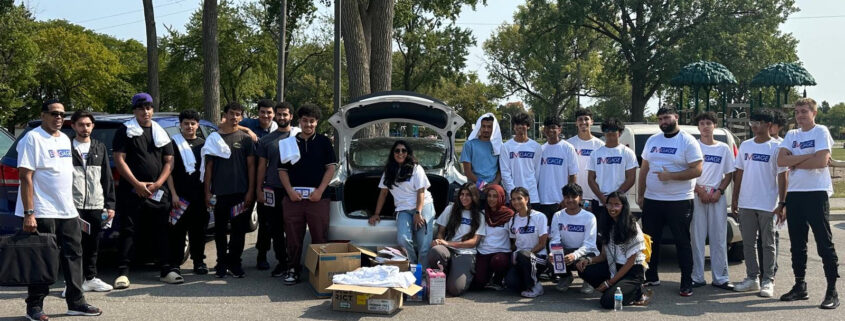


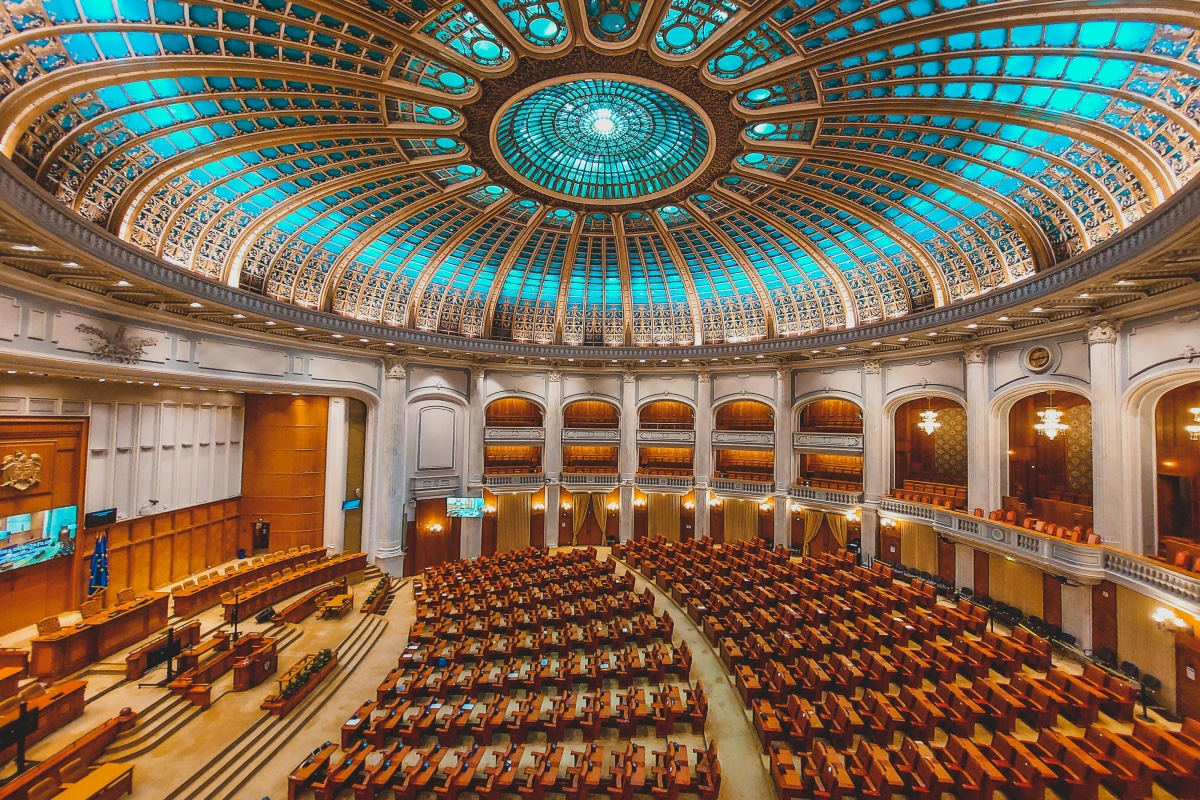
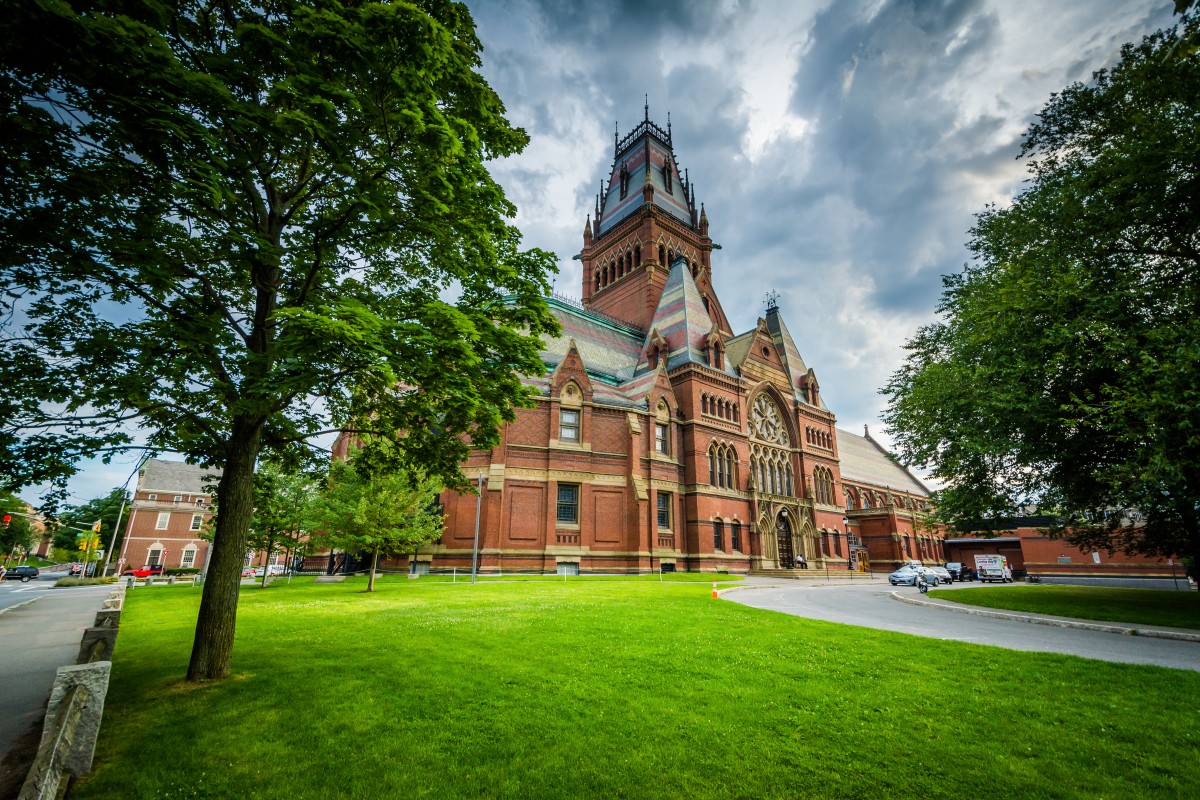
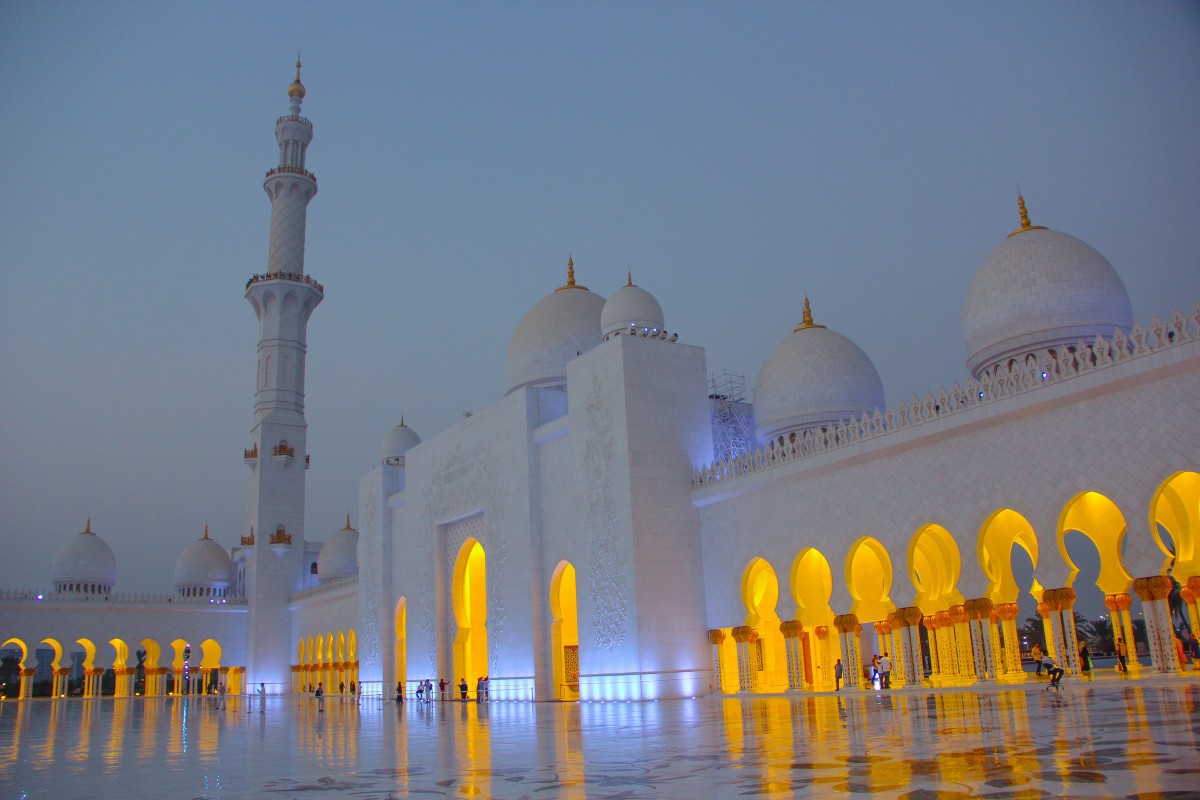


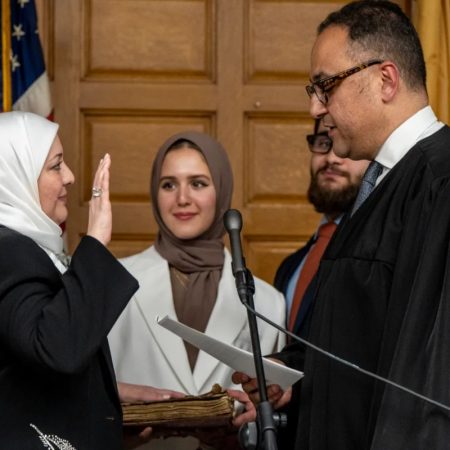






2024
5,225 views
views
0
comments